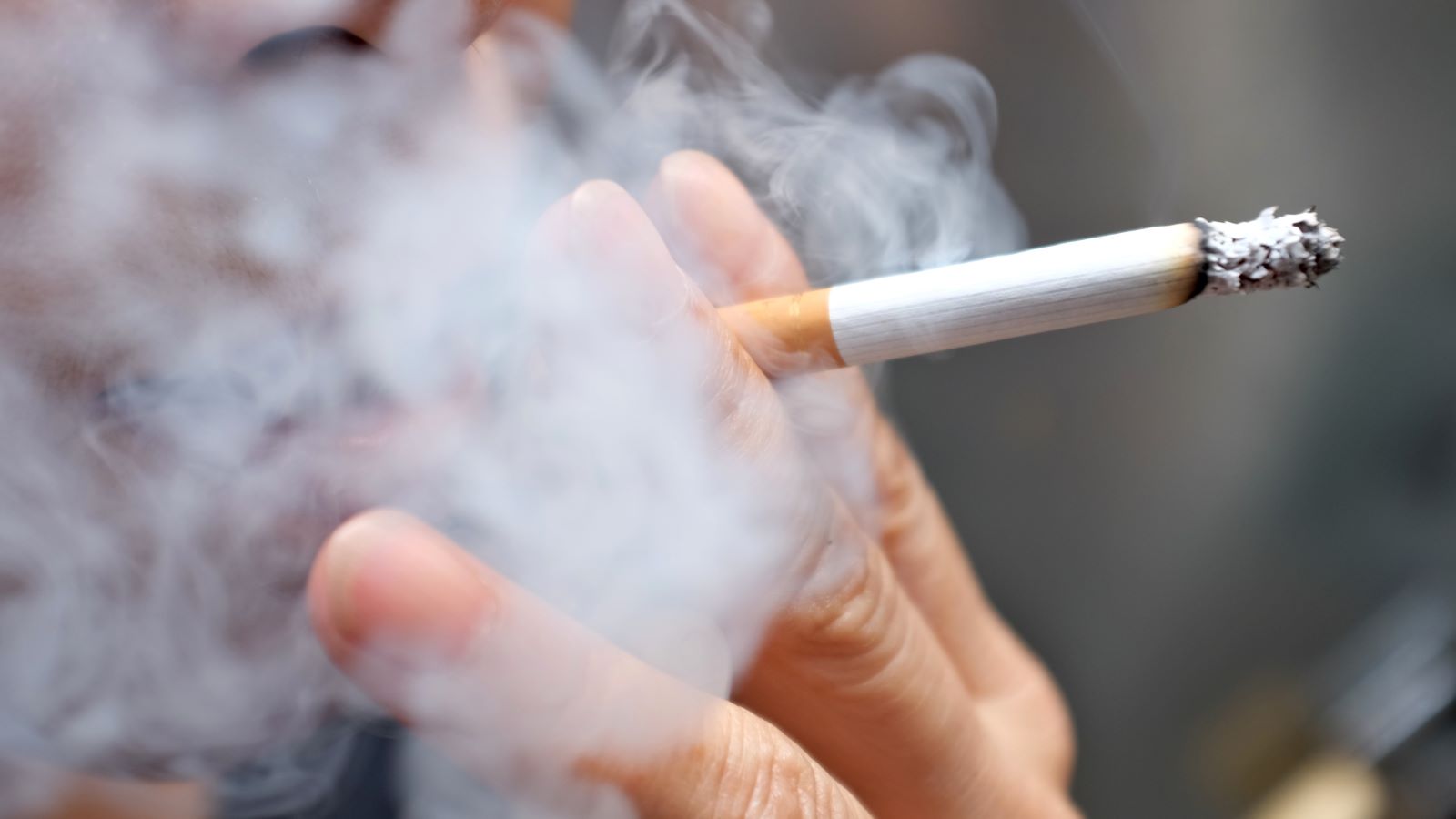<< Back
Are You a Former Smoker? You May Still Need to Get Screened for Lung Cancer

November 13, 2023
If you’re a former smoker who kicked the habit years ago, you may not think there’s a need for lung cancer screening.
But updated guidelines from the American Cancer Society say that even those who quit smoking in the last 15 years should still get screened if they meet the criteria.
Should you get screened for lung cancer? Here’s what the new guidelines say.
Lung cancer screening criteria
The American Cancer Society’s recommendation (which now matches the U.S. Preventive Services Task Force) recommends annual lung cancer screening for people who meet all the following criteria:
- Are between the ages of 50 and 80
- Have a 20-pack-year (or more) smoking history – this could mean you smoked one pack a day for 20 years, or two packs a day for 10 years.
- Smoke currently or quit smoking in the last 15 years
“That doesn’t mean that if you don’t hit all three criteria, you’re at zero risk,” says Steven A. Thau, MD, the division chief of pulmonary medicine at Hartford HealthCare Medical Group. “If you’ve been a heavy smoker and want a screening, talk to your doctor. You might have to pay for it out of pocket, but it’s worth it.”
> Be a Quitter: How to Stop Smoking and Improve Your Health
But what if you have no symptoms?
“Lung cancer screening is for asymptomatic people,” explains Dr. Thau. “It’s to catch cancer before you have symptoms or when it’s too late. Get the screening. You can’t go back in time and do a test you wish you had done five years ago.”
If you are experiencing symptoms, Dr. Thau encourages you to see your doctor right away. These symptoms may be subtle and can include:
- Shortness of breath, wheezing, coughing, persistent cough
- Hoarseness
- Coughing up blood
- Decreased appetite, unexplained weight loss
- Pain between the shoulder blades
- Unusual lumps on your chest, neck or around your clavicle
Lung cancer screening is quick and painless.
Lung cancer screening is done through a low-dose CT scan of the chest. The scan gives doctors the opportunity to look for any changes or abnormalities.
The scan takes a few minutes, is pain-free and doesn’t involve any needles, shots or injections. And the amount of radiation you’re exposed to is just a fraction of that of a regular CT scan.
“The test takes a breath hold. The overall exposure is minimal, and your body can heal between the annual screenings,” Dr. Thau says. “It’s a theoretical risk for a real tangible benefit. This 15-second test can save your life.”
Early detection is the best way to treat lung cancer.
Lung cancer is the most common cancer in the world, and smokers are at the highest risk.
“Early detection is the best way to treat your lung cancer. There is no question that if we can remove a stage 1 or even a stage 2 cancer, the chances of a complete recovery are much better than trying to control a stage 3 or 4,” explains Dr. Thau.
“The last thing you want to do is let the cancer grow any more than it has to,” Dr. Thau adds. “Lung cancer screening is your best way to find any issues early.”
Looking ahead with a smoke-free life.
If you’re still a smoker, there’s still time to quit. Safe nicotine alternatives like patches, lozenges and gum (but not vaping) can all help. You can also get support from tobacco cessation programs.
And if you’ve already quit, you should be proud of yourself. We know it’s not easy.
“We commend you for quitting smoking. That’s one of the hardest things you’ll ever do,” says Dr. Thau. “You’ve done the first great thing, and it’s not time to go on autopilot. Now is the time to double down and get your lung cancer screening.”